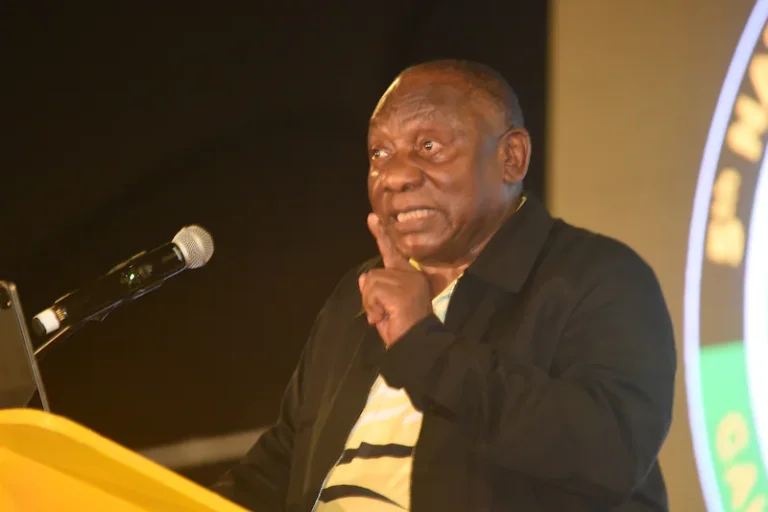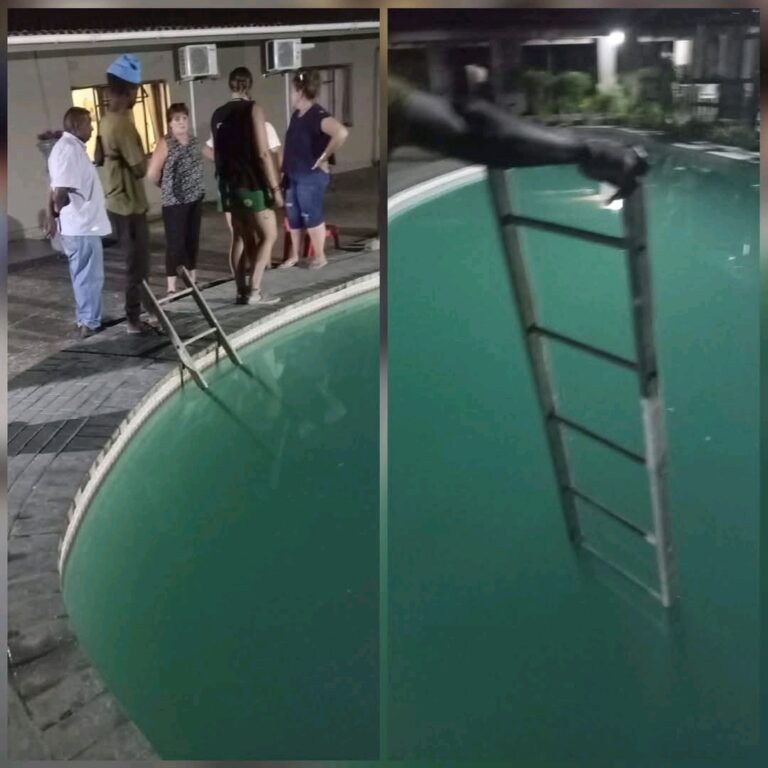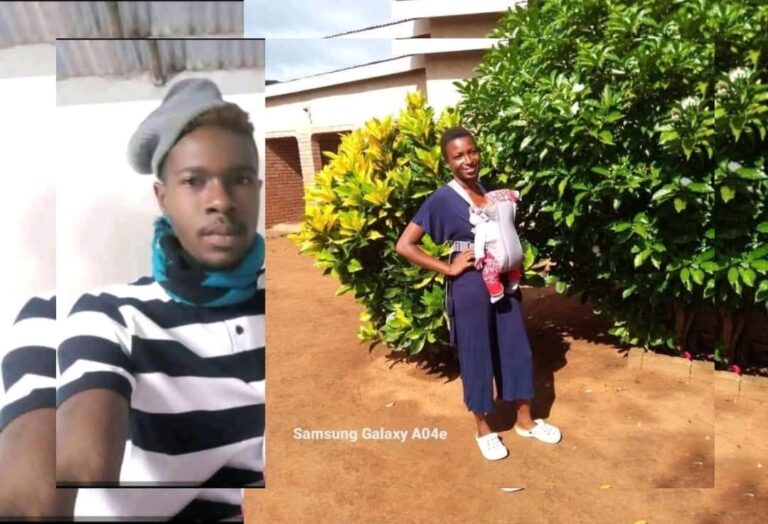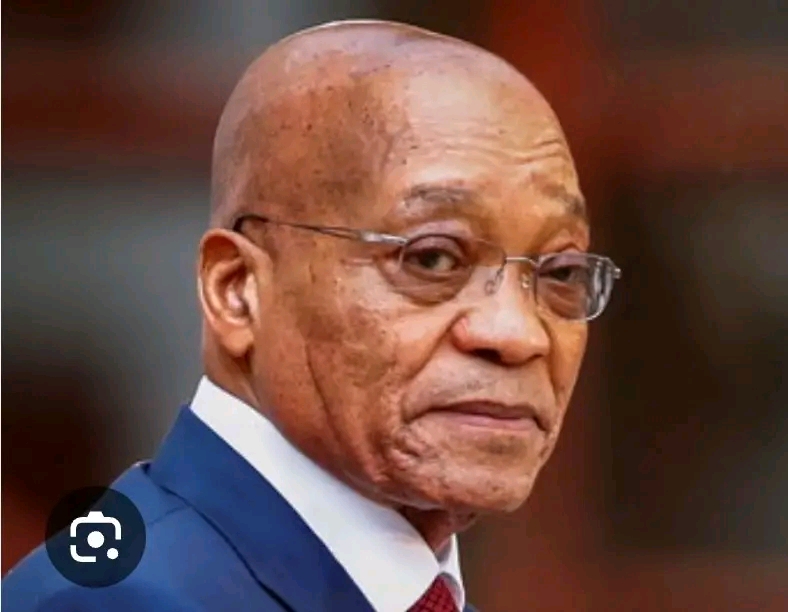
Former South African President Jacob Zuma has been ordered by the Pretoria High Court to repay nearly R29 million in legal costs that were unlawfully funded by the State. The ruling, handed down on Wednesday, marks a decisive moment in the long-standing legal battle over who should bear the costs of Zuma’s personal corruption-related court cases.
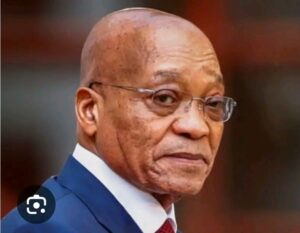
The court found that the money, drawn from public funds, was used to cover Zuma’s personal legal expenses in criminal and related proceedings, including his decades-long fight against corruption charges linked to the controversial arms deal. The judgment followed years of litigation initiated by opposition parties — the Democratic Alliance (DA) and the Economic Freedom Fighters (EFF) — who argued that taxpayers should not foot the bill for Zuma’s private legal defence.
According to the court order, Zuma has 60 days to reimburse the State. Should he fail to do so, the State Attorney has been directed to begin asset attachment proceedings. These could include the seizure of Zuma’s presidential pension, although such actions will require further judicial oversight to ensure compliance with legal procedures.
The court also ruled that interest on the outstanding amount will accrue from October 2021. Furthermore, the State Attorney must report back to the court every three months to provide updates on the progress made in recovering the funds.
https://x.com/ZOLEKV_Q/status/1980979591394295932?t=KUyuU6lLVsx2xSj_y80g4w&s=19
Zuma’s legal team had attempted to argue that he was not personally responsible for repaying the money, claiming that the legal costs were incurred in his official capacity as a government official. However, the High Court firmly rejected this argument, affirming that the repayment order applies directly to Zuma himself.
### A Victory for Accountability
The Democratic Alliance welcomed the judgment, calling it a major victory for public accountability and the protection of taxpayer funds. DA spokesperson Willie Aucamp praised the ruling as a signal that no one — not even a former head of state — is above the law.
“This is a big win for all South Africans,” Aucamp said. “It shows that public money cannot be used to serve the private interests of politicians. The DA will continue to ensure that government funds are used responsibly and that those who misuse them are held accountable.”
The Economic Freedom Fighters, who have consistently supported efforts to recover the money, echoed similar sentiments. The party described the ruling as an important step toward restoring integrity within government institutions and reinforcing the rule of law.
### Years of Legal Wrangling
Between 2005 and 2019, the State covered Zuma’s extensive legal expenses tied to his corruption case, which stems from allegations dating back to his time as South Africa’s deputy president. The funding of these legal costs had sparked public outrage and raised questions about the misuse of State resources.
Now, with the High Court’s ruling, Zuma faces renewed financial pressure and potential asset seizures if he does not comply. The judgment has been widely viewed as a precedent for holding former leaders accountable for the misuse of public funds.
While Zuma’s foundation has yet to issue an official statement, reports indicate that his legal representatives are reviewing the judgment and considering their next steps.


